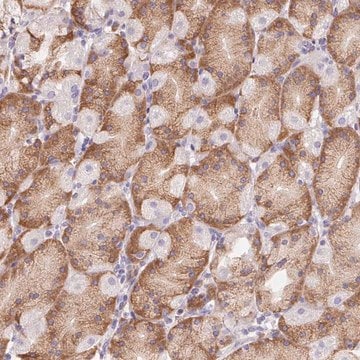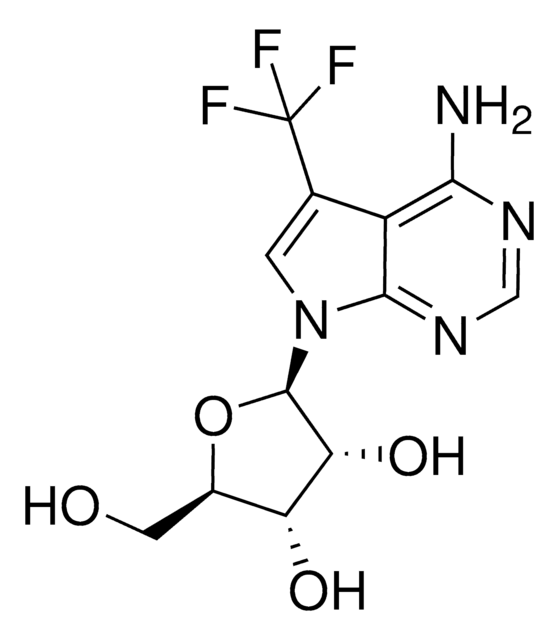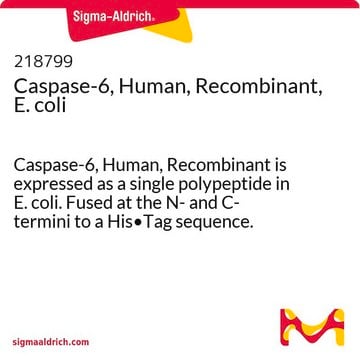A2351
Anti-ADAM-8, Propeptide Domain antibody produced in rabbit
~1 mg/mL, affinity isolated antibody, buffered aqueous glycerol solution
Sinónimos:
Anti-A Disintegrin And Metalloproteinase-8, Anti-CD156, Anti-MS2
About This Item
Productos recomendados
biological source
rabbit
Quality Level
conjugate
unconjugated
antibody form
affinity isolated antibody
antibody product type
primary antibodies
clone
polyclonal
form
buffered aqueous glycerol solution
species reactivity
rat, human, pig
concentration
~1 mg/mL
technique(s)
western blot: 1:1,000
UniProt accession no.
shipped in
wet ice
storage temp.
−20°C
target post-translational modification
unmodified
Gene Information
human ... ADAM8(101)
pig ... ADAM8(100156146)
rat ... Tubgcp2(309098)
General description
Anti-ADAM-8, propeptide domain antibody localizes human, porcine, and rat ADAM8 and does not react with other ADAMs. In immunoblotting assays against the reduced protein, the antibody recognizes 52kDa and 70kDa bands in conditioned media or cell lysates. In culture media, the 52kDa form is predominant.
Immunogen
Application
Physical form
Disclaimer
¿No encuentra el producto adecuado?
Pruebe nuestro Herramienta de selección de productos.
Storage Class
10 - Combustible liquids
Certificados de análisis (COA)
Busque Certificados de análisis (COA) introduciendo el número de lote del producto. Los números de lote se encuentran en la etiqueta del producto después de las palabras «Lot» o «Batch»
¿Ya tiene este producto?
Encuentre la documentación para los productos que ha comprado recientemente en la Biblioteca de documentos.
Nuestro equipo de científicos tiene experiencia en todas las áreas de investigación: Ciencias de la vida, Ciencia de los materiales, Síntesis química, Cromatografía, Analítica y muchas otras.
Póngase en contacto con el Servicio técnico







